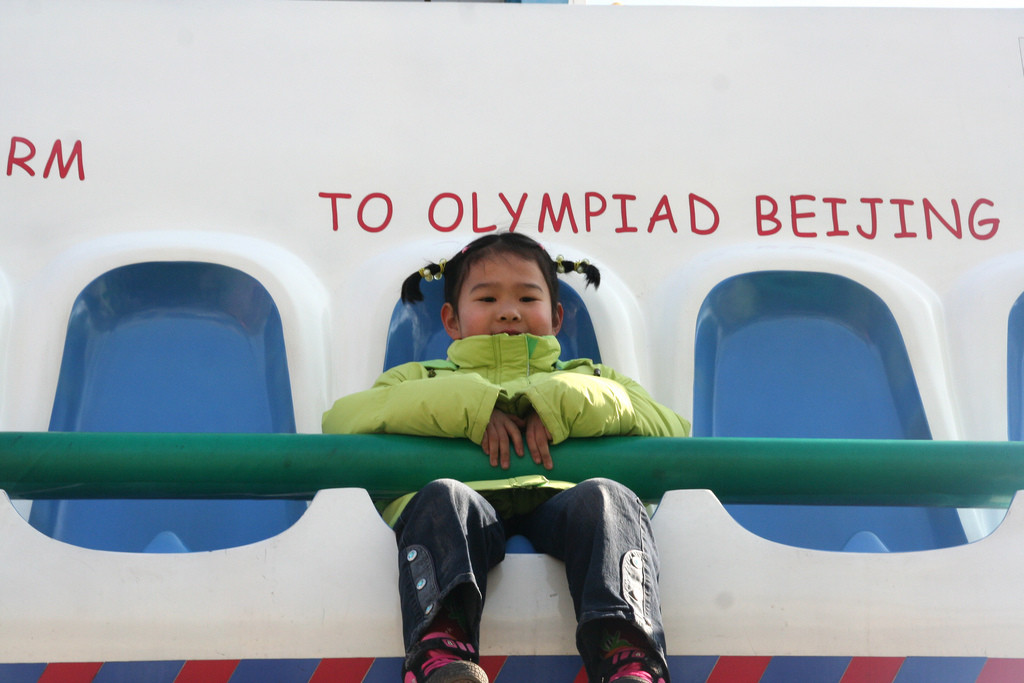As parents, we have always been told to praise and support our children so that they grow up to be confident adults who can overcome life’s challenges. And so, for every little accomplishment they do, we applaud and compliment them endlessly. Then we wonder why, when they grow up, they are not the motivated individuals we envisioned them to be. Could it be that we are praising our kids the wrong way?
In a study by Stanford University psychology professor Carol Dweck, she found that 10-year old students, when confronted with a difficulty, reacted in either of two ways: face it or deny it. She called them the “growth mindset” and the “fixed mindset.”
The children with a growth mindset perspective looked for strategies to solve the problem. They processed the dilemma and engaged in it, believing that they could improve their abilities in arriving at a successful resolution. On the other end, the children with a fixed mindset perspective did not attempt to overcome the problem and viewed it as judging them and putting their intelligence into question.
So how does this relate to praise? Dweck says that our manner of praising our children has a profound effect on the kind of mindset they will form. So how should we encourage them so that they develop a growth psyche? How do we, through positive reinforcement, cultivate their drive to persevere and conquer challenges until they achieve success? Is there a right or wrong way to praise your children? As a matter of fact, there is. Read on and learn how to instill motivation, perseverance and resiliency in our kids to prepare them for success and independence in their future lives.

Praise effort and hard work, not talent and intelligence.
When a child gets high marks in a difficult test and you say, “You’re such a smart kid,” you are praising his intelligence and telling him that it’s something he is born with. And because it’s innate, he’ll believe it’s a fixed characteristic that cannot be enhanced or improved upon. In the face of challenges, he will think that effort is not necessary because he is smart anyway. For example, in taking exams, he won’t have to study as hard because he’s intelligent and can pass it without effort. This kind of praise creates the fixed mindset. Such a perspective will push the child, when confronted with a challenge, to find an easy way out (cheat in the next exam,) or to give up and rationalize that his capability is limited. It will also make him complacent and conceited.
In the same scenario, praising a child for good grades and highlighting the effort he took into studying hard and preparing for the exam creates the growth mindset. In a growth mindset, the child believes that goals are achieved through determination, endeavor and performance and he strives to surmount challenges by trying harder, not giving up. He realizes that achievements are done through effort and determination and he is not restricted by the notion of having an inborn talent or brainpower.

Give sincere, not phony, praise.
In prior times, teachers were taught to praise students, especially the slow learners, in order to build their self-esteem and motivate them so that their performance would improve. The result was that teachers were over-praising the low achievers so that it became too common to be meaningful and sounded phony to the students’ ears. Research by psychologist Wulf-Uwe Meyer has found that children can detect sincere from vacuous praise from their teachers and react accordingly. Older children interpreted it to mean they were not doing well but when the teacher criticizes them, it sends the message that the student can improve and do better. To make praise effective for students, recognize good work only when it is not part of the routine or when it is done exceedingly well. Be specific when mentioning a praise-worthy achievement. Cite the methods used or the effort exerted to attain the goal.

Imitate the Chinese parenting style.
Chinese parents are notorious for not praising their kids. Their reason? Their kids might get swell heads. Instead, they demand the best from their children and show their displeasure when the children fail. An A grade is not good enough; it must be an A+. And when the child does bring home an A+, there’s no congratulatory praise or hug from mom and dad. The children have been brought up to study hard without expectations of reward or praise. That’s why almost all math wizards are Asian. Another factor is the Chinese value of filial piety. In most of Asia, children are expected to be obedient and respect their parents. Excelling in school is one way to show obedience and respect. You don’t have to mimic the Chinese way completely. Shower your kids with love and praise but take a cue from the Eastern world and curb your praise tendencies a bit.